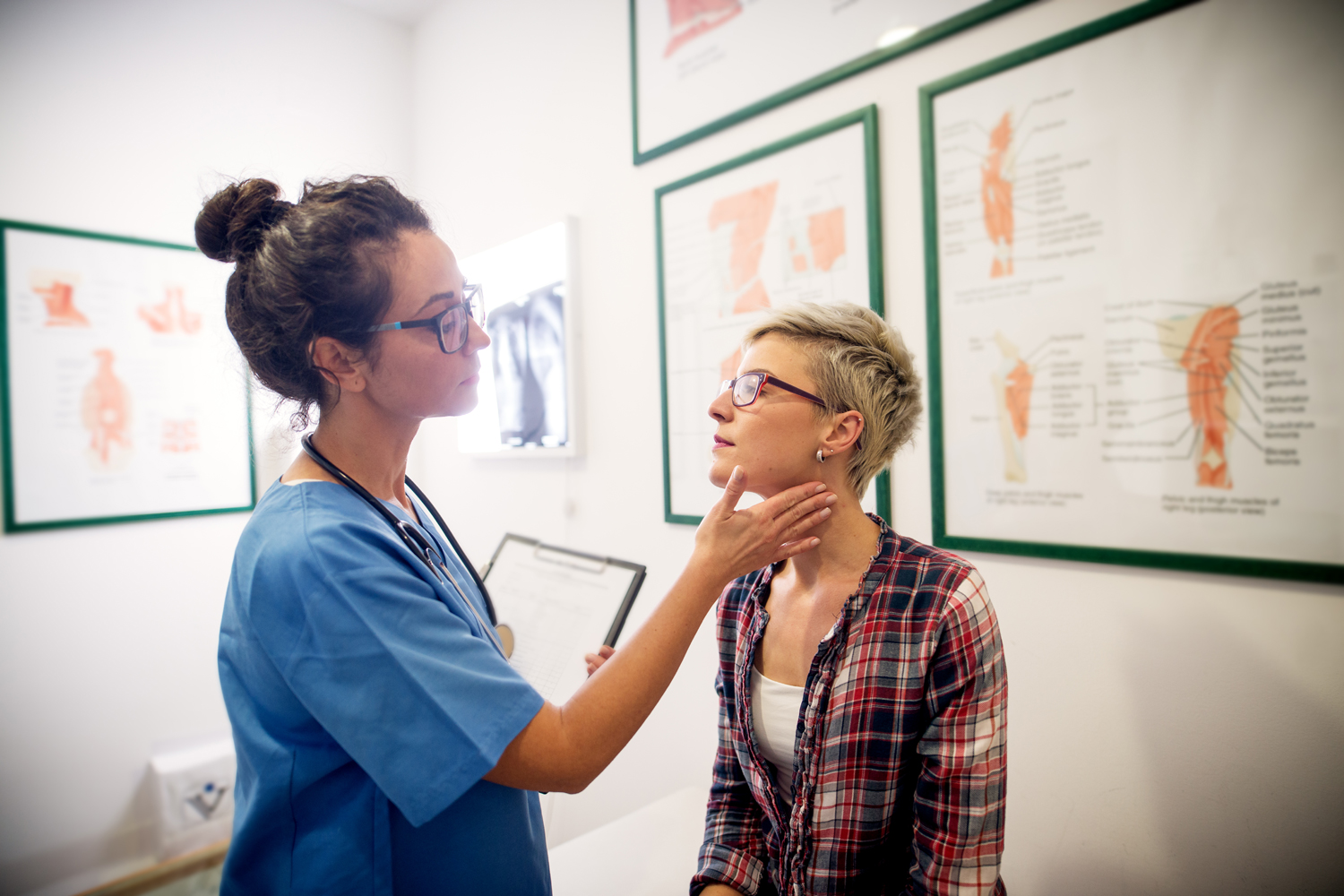PEOPLE TREATED SUCCESSFULLY FOR CANCER IN CHILDHOOD are at an increased risk of dying prematurely later in life from common health-related causes, according to a study published in the April 29 issue of the Lancet. Still, according to the study, practicing healthy habits and avoiding high blood pressure and diabetes can help add back years. Each of those reduced the risk of health-related mortality by 20% to 30%.
The study evaluated the causes of death in 34,230 survivors of childhood cancer, using data from the Childhood Cancer Survivor Study. People in the study group were diagnosed with cancer before age 21 in the years 1970 to 1999 at 31 medical institutions in the U.S. and Canada and survived for at least five years after diagnosis. The median age at diagnosis was 6 years, with a median follow-up of 29 years after diagnosis.
According to the study, there were 131 more childhood cancer patient deaths unrelated to their original cancer diagnosis per 10,000 person-years 40 years after diagnosis, compared with the general population. In the study, the vast majority of excess deaths were due to causes of death that commonly affect the general population, which included a subsequent cancer, heart disease, stroke, liver failure, kidney failure and infection. Death from any cause in the study cohort 40 years after diagnosis was 23.3%, while the expected mortality rate in the general population is under 5%.
“Even decades after cancer treatment and into long-term survivorship, the experience of childhood cancer and the treatment used to cure it still impacts late-health conditions and the risk of death for long-term survivors,” says Stephanie Dixon, a hematologist-oncologist in the Division of Cancer Survivorship at St. Jude Children’s Research Hospital in Memphis, Tennessee, the study’s lead researcher.
Although treatment for children diagnosed with cancer has evolved since the 1970s and 1980s, many of the aggressive treatments used then that likely contributed to late-mortality risk measured in the study, including radiation, anthracycline chemotherapy and bone marrow transplant, are still in use today to successfully treat childhood cancer.
“You have to do whatever is needed to get through treatment. You can’t spend too much time worrying about what might happen down the road when you’re in the middle of it,” says Emily S. Tonorezos, director of the Office of Cancer Survivorship, part of the Division of Cancer Control and Population Sciences at the National Cancer Institute in Rockville, Maryland.
Still, when treatment is over and even during treatment, it’s important to adopt healthy habits, Tonorezos says. In the study, managing cardiovascular risk factors to avoid high blood pressure, high cholesterol and diabetes and following a healthy lifestyle by maintaining a healthy weight, participating in regular physical activity, and not smoking or drinking excessively, were independently associated with reduced risk of late death. “There is benefit to doing each of those things, which is important for everyone but may be even more important if you happen to be a survivor of childhood cancer,” Dixon says.
Survivors of childhood cancer should also be diligent about getting regular follow-up care. “Everyone should have a primary care doctor they know and trust, but it’s extra important if you’re a long-term survivor of childhood cancer to make sure you’re engaged with your health care provider. Make sure your doctor knows your diagnosis and the high points of your prior treatment because there are resources available for doctors to use to understand the screening you might need that’s different from the general population,” Dixon says.
The Children’s Oncology Group (COG) publishes long-term follow-up guidelines doctors can access or you can download yourself to show to your doctor, to determine the follow-up screening and surveillance recommendations that may be appropriate for you.
Overall, even though you may feel healthy now and your cancer diagnosis was decades ago, you are still a high-risk survivor. “That means health care providers should be a little more aggressive about emphasizing the importance of healthy behaviors and following the COG guidelines,” Tonorezos says. Survivors of childhood cancer should also double down on their stay-healthy efforts. “The message of this study is: Don’t smoke, or quit if you’ve started, maintain a healthy weight, eat a healthy diet, and exercise regularly,” Tonorezos says.
Cancer Today magazine is free to cancer patients, survivors and caregivers who live in the U.S. Subscribe here to receive four issues per year.





